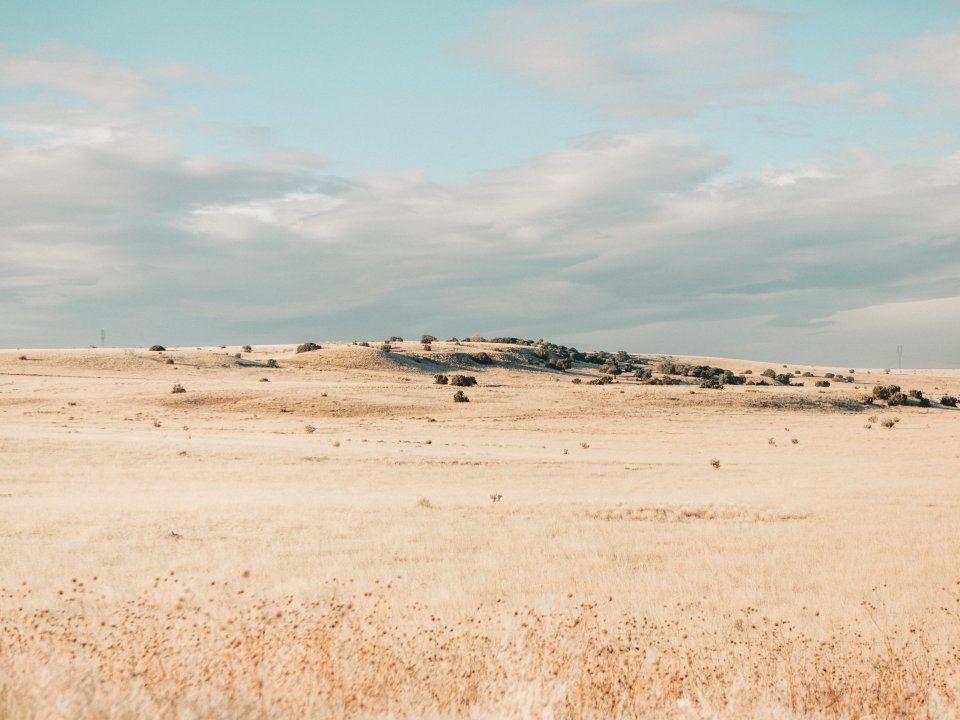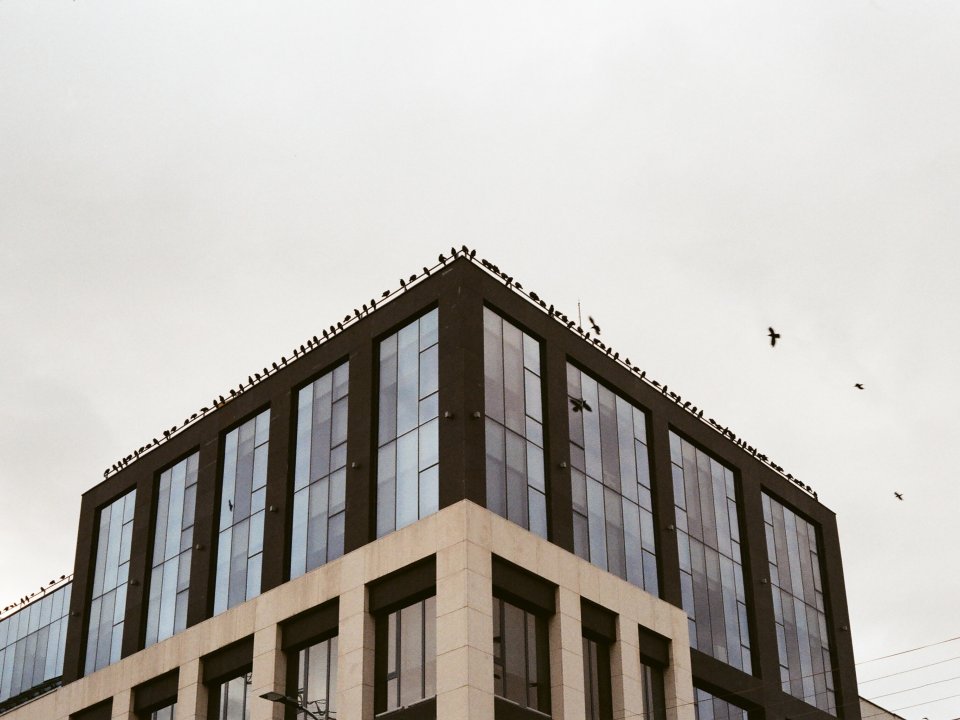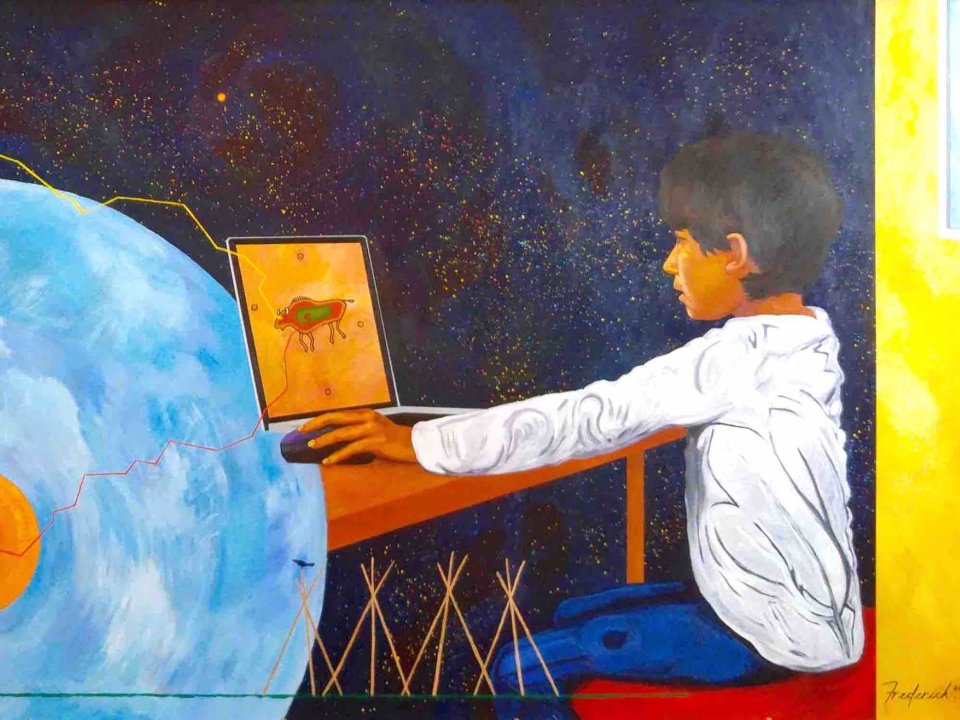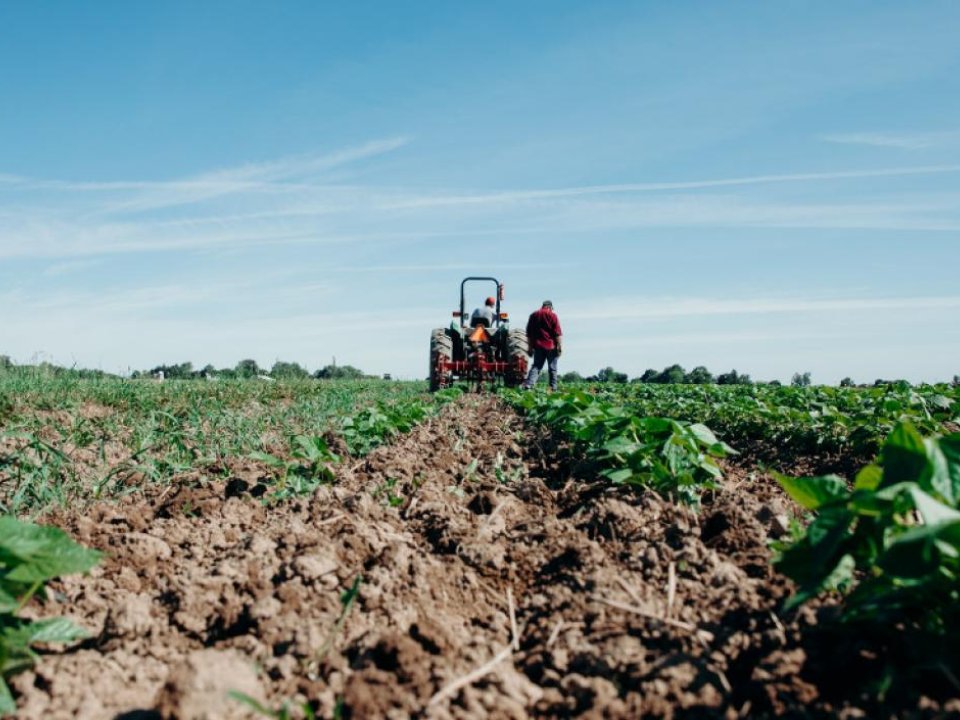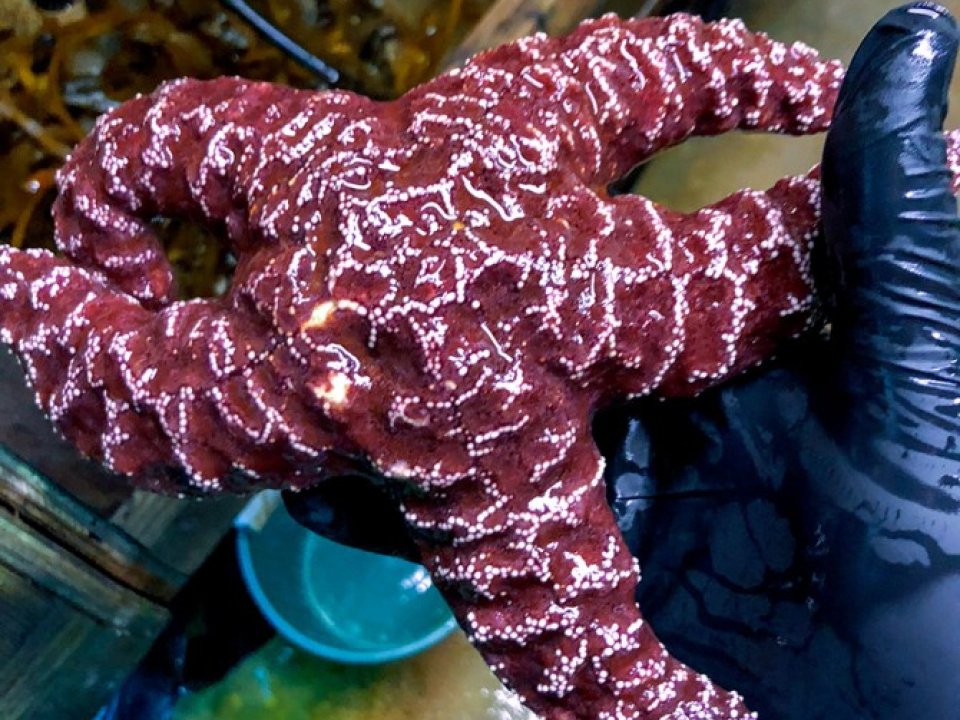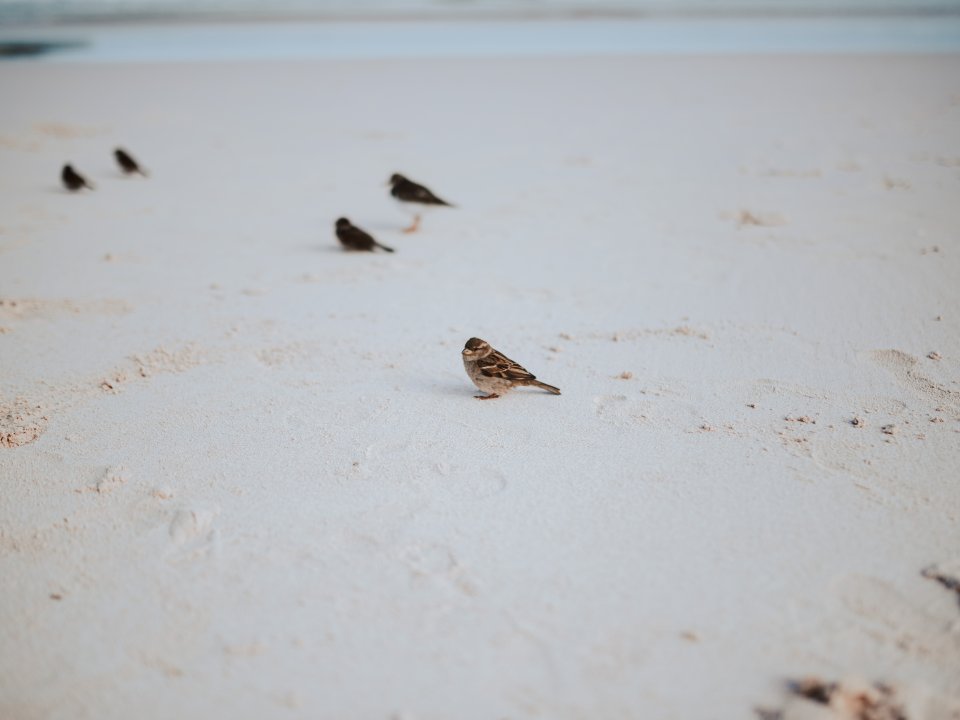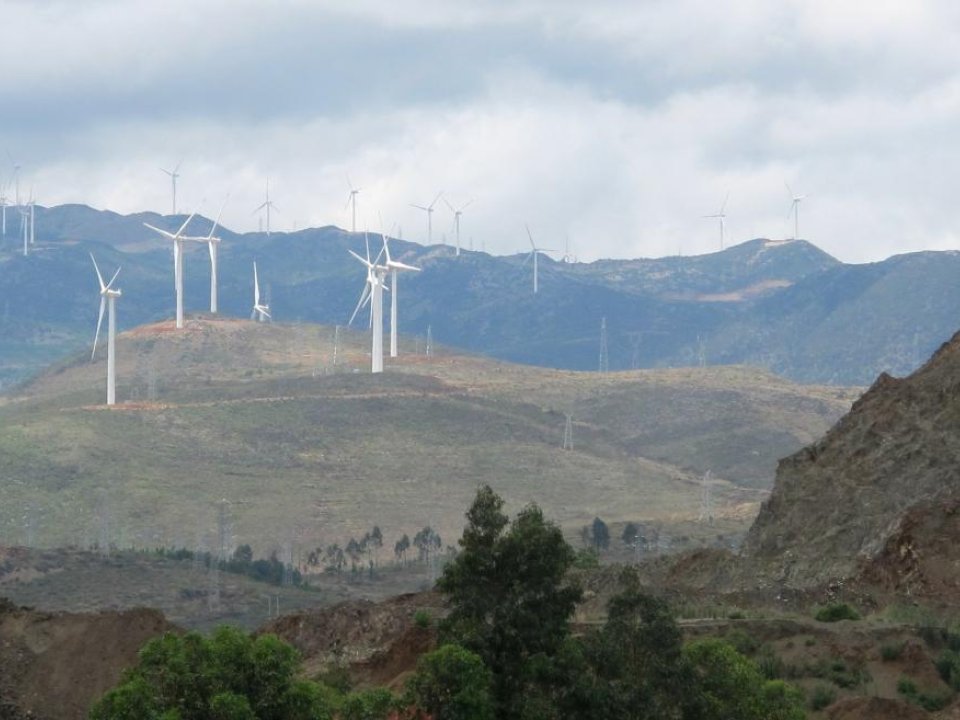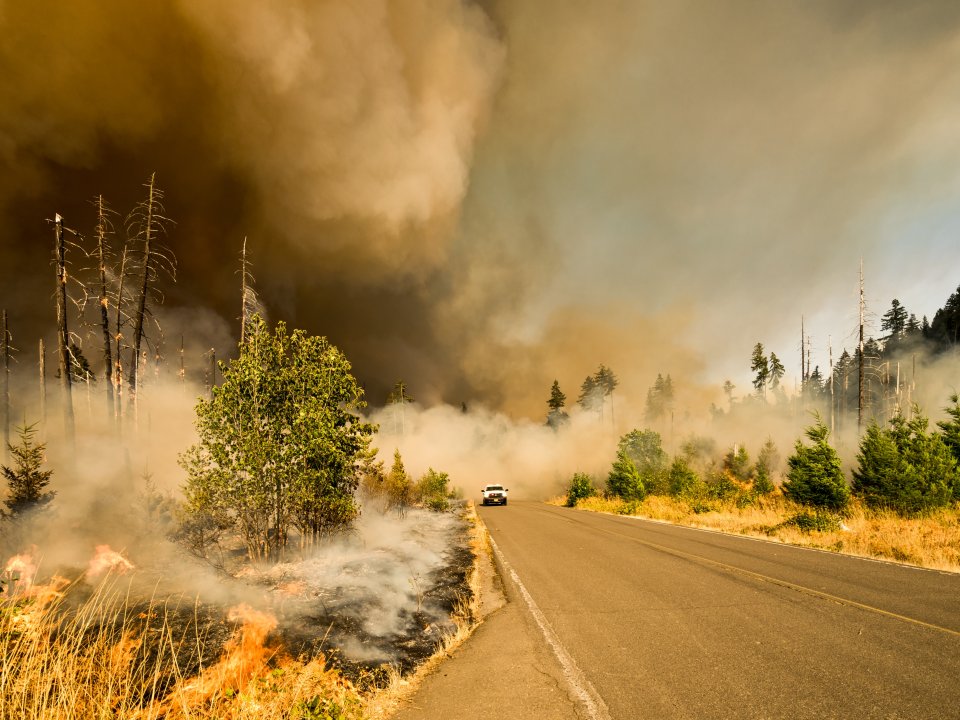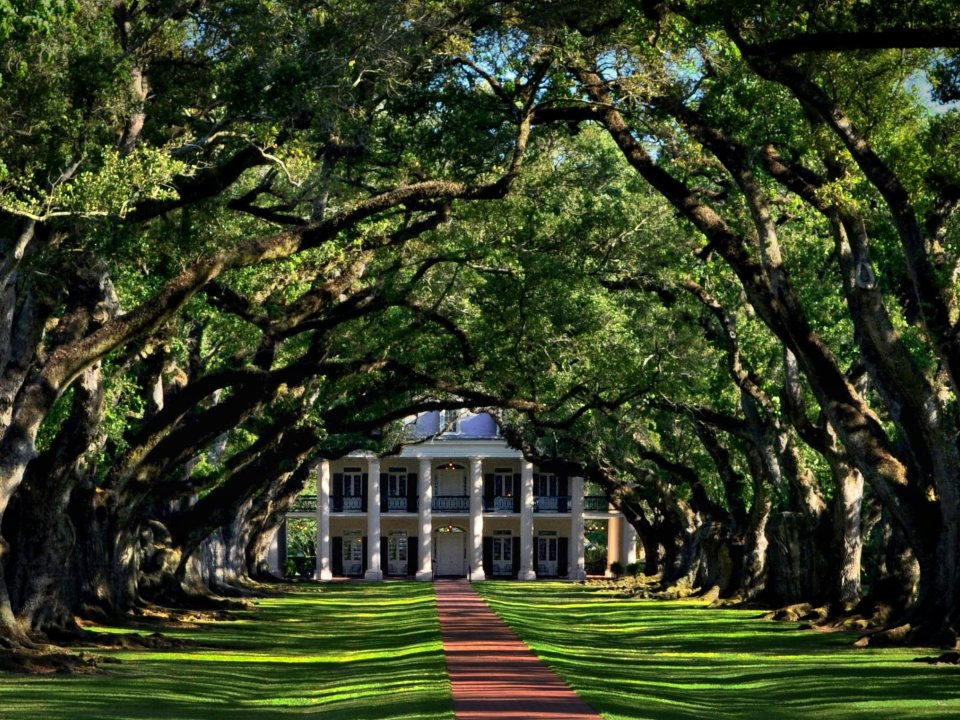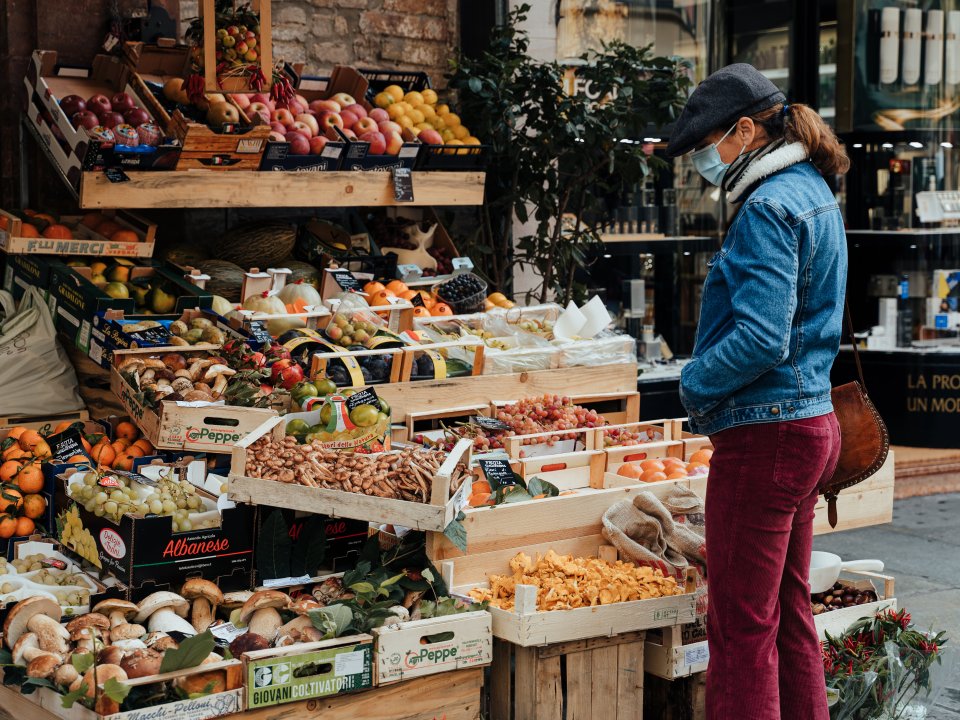News
“You have to understand that these Indigenous people see the entire region, both the part of Mexico and the United States, as their territory. In their traditions, it is remembered that they received a lot of water and, little by little, they were running out of that flow,” says Osvel Hinojosa-Huerta, director of the Coastal Solutions Program at the Lab of Ornithology.
The "All Things Considered" podcast mentions Lights Out Texas, a partnership among the Lab of Ornithology, politicians, and local conservation groups to encourage residents and businesses in major cities to dim non-essential lights to protect millions of migrating birds.
The tragedy of COVID-19, with its devastating loss of life and disruption to our food and social systems, will be a walk in the garden compared to the looming catastrophe of human induced climate change. As we tenuously begin to emerge out of this pandemic, our attention is returning to the shattering impact of climate change.
“Climate change is operating as a headwind. And it’s really sort of slowing down the global agricultural productivity growth,” said Ariel Ortiz-Bobea, who teaches at Cornell University.
Drew Harvell, professor emeritus in ecology and evolutionary biology, says that breeding nearly extinct animals in captivity is going to be “part of our toolkit to handle some of the unexpected damage from climate change.”
“The details behind everything that happens in those burrows was basically unknown before,” says Charles Eldermire, leader for the Lab of Ornithology Bird Cams project.
ClimateTech is the new program Cornell and venture capital firm Chloe Capital launched to “recruit, educate, inspire, and support capitalization in Black, Indigenous, People of Color and women founders developing startups with clean tech innovations.”
“We’ve never asked this kind of question before in the context of the United States. Because climate-induced migration has always been discussed in the context of the global south,” said Byungdoo Kim, a doctoral candidate in environmental communication at Cornell University and lead author of the study. “But recently, we’ve been through a lot here in the United States.”
For roughly 500 years, European colonialism dominated the globe. From it grew a philosophy and a worldview that still live on today. We can find them in the way we categorize people by race, in our emphasis on monocrop agriculture, even in the way we define the geographic borders of America, says Tao Leigh Goffe, Africana Studies.
I really like how one of the organizers, Cornell University’s Steve Osofsky, a wildlife veterinarian, summarized how the health of wildlife, the health of ecosystems and our own health are inextricably linked.
To say that a majority of emerging viruses come from wildlife is not to blame wild creatures, explained Osofsky. It is to make the point that through our own behaviors we “invite these viruses into humanity’s living room: We eat the body parts of wild animals; we capture and mix wild species together in markets for sale; and we destroy what’s left of wild nature at a dizzying pace — think deforestation — all greatly enhancing our encounter rates with new pathogens.”
What these three behaviors have in common, added Osofsky, is one “surprisingly simple underlying cause: our broken relationship with wild nature, often based on a hubris that we are somehow separate from the rest of life on earth.”

